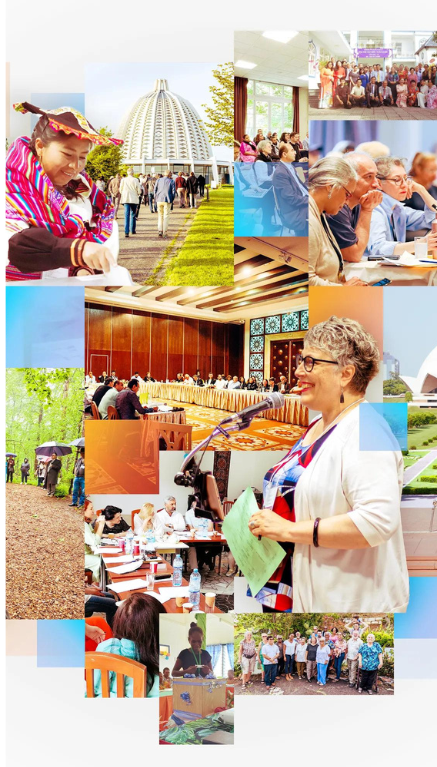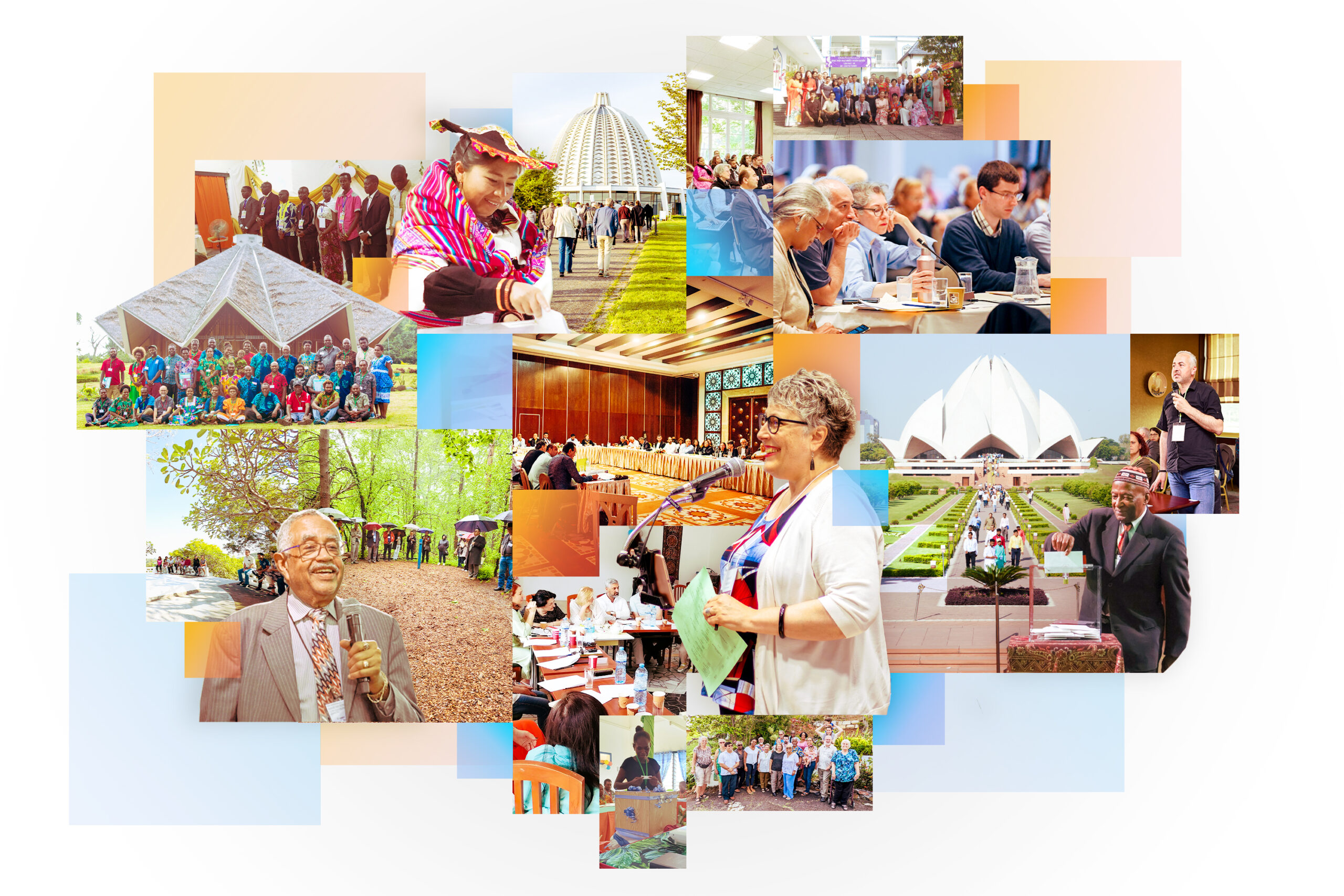Harmony between Science and Religion

far from adequate. The harmony of science and religion is one of the fundamental principles of the Bahá’í Faith, which teaches that religion, without science, soon degenerates into superstition and fanaticism, while science without religion becomes merely the instrument of crude materialism. “Religion,” according to the Bahá’í writings, “is the outer expression of the divine reality. Therefore, it must be living, vitalized, moving and progressive.”[1]“Science is the first emanation from God toward man. All created things embody the potentiality of material perfection, but the power of intellectual investigation and scientific acquisition is a higher virtue specialized to man alone. Other beings and organisms are deprived of this potentiality and attainment.”[2]
So far as earthly existence is concerned, many of the greatest achievements of religion have been moral in character. Through its teachings and through the examples of human lives illumined by these teachings, masses of people in all ages and lands have developed the capacity to love, to give generously, to serve others, to forgive, to trust in God, and to sacrifice for the common good. Social structures and institutional systems have been devised that translate these moral advances into the norms of social life on a vast scale. In the final analysis, the spiritual impulses set in motion by the Founders of the world’s religions—the Manifestations of God—have been the chief influence in the civilizing of human character.
‘Abdu’l-Bahá has described science as the “most noble” of all human virtues and “the discoverer of all things”.[3] Science has enabled society to separate fact from conjecture. Further, scientific capabilities—of observing, of measuring, of rigorously testing ideas—have allowed humanity to construct a coherent understanding of the laws and processes governing physical reality, as well as to gain insights into human conduct and the life of society.
Taken together, science and religion provide the fundamental organizing principles by which individuals, communities, and institutions function and evolve.

Complementary Roles of Science and Religion
The Bahá’í Faith teaches that science and religion are two essential systems of knowledge that must work together for humanity’s progress. Religion without science leads to superstition, while science without religion results in materialism and moral decay. Together, they provide a balanced approach to understanding both the physical world and spiritual reality.
Unity of Truth
Bahá’ís believe that there is only one truth, and true science and true religion must ultimately agree. Any apparent conflict between scientific findings and religious teachings is due to human misunderstanding or misinterpretation of either. Therefore, ongoing investigation and consultation are encouraged to reconcile such differences.
Foundation for Civilization
The harmony of science and religion is seen as a foundation for building a peaceful and progressive civilization. Science offers tools for innovation and development, while religion provides ethical guidance and social values. The Bahá’í writings emphasize that a just and prosperous society can only emerge when both are integrated in human affairs.
